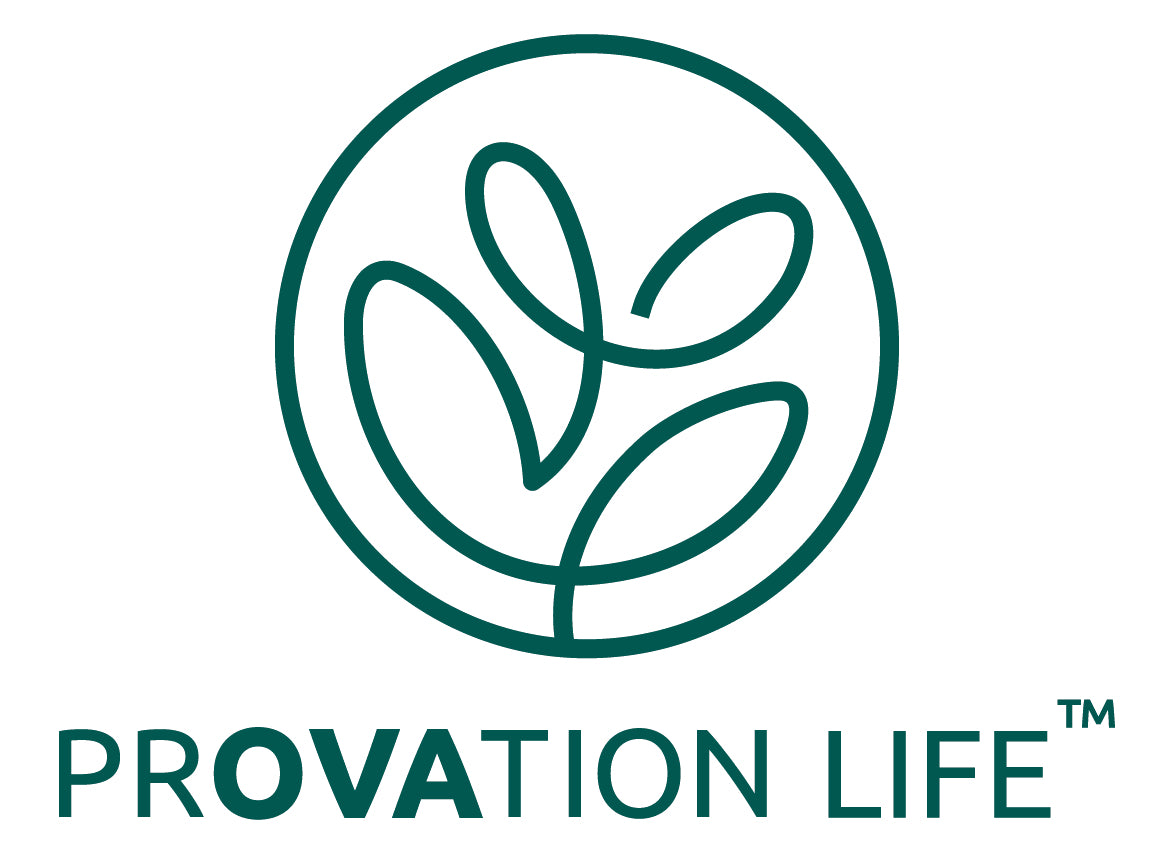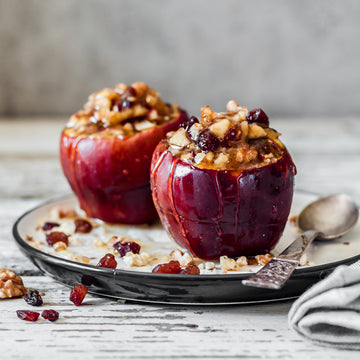The Importance of Stress Management in PCOS and How to Incorporate Daily Stress-Reduction Practices
by Herman Weiss on Sep 20, 2023
An often underestimated aspect of PCOS management is the profound impact that stress can have on its symptoms and overall well-being. Stress can exacerbate PCOS-related issues, leading to hormonal imbalances, insulin resistance, and even weight gain. This article delves into the intricate relationship between stress and PCOS and offers practical, easy-to-implement strategies for reducing stress in your daily life.
Understanding the Stress-PCOS Connection:
Stress plays a significant role in the progression and severity of PCOS symptoms. Chronic stress prompts the release of stress hormones, primarily cortisol, which can disrupt the delicate hormonal balance that women with PCOS already struggle to maintain. This disruption can lead to heightened insulin resistance, making it even more challenging for the body to regulate blood sugar levels. Additionally, stress can impact menstrual regularity, exacerbate emotional eating, and contribute to weight gain—all factors that can worsen PCOS symptoms.
Practical Stress-Reduction Tips for Daily Life:
While eliminating stress completely is unrealistic for most, managing it effectively is essential for women with PCOS. Here are some practical tips to help reduce stress in your daily routine:
Begin by incorporating deep breathing exercises into your day, taking slow, intentional breaths to calm your nervous system. Physical activity is another potent stress-busting tool; consider activities like brisk walking, yoga, or dancing. These exercises release endorphins, the body's natural mood enhancers.
Mindfulness meditation is a highly effective stress-reduction technique. Dedicate a few minutes each day to quiet reflection, focusing on the present moment. Setting realistic goals and priorities can also alleviate stress. Avoid overcommitting and create a schedule that accommodates your needs without overwhelming you.

Don't underestimate the power of social support; confide in trusted friends or family members when you're feeling stressed. Sharing your feelings can provide comfort and a fresh perspective. Maintaining a balanced diet with a focus on whole, nutrient-rich foods is essential. Limit caffeine, sugar, and processed foods that can intensify stress.
Ensure you get adequate, restful sleep by aiming for 7-9 hours of quality sleep each night. Proper sleep is crucial for hormone regulation and overall well-being. Organize your tasks and time efficiently to reduce feelings of rush and disarray. Finally, engage in hobbies or relaxation techniques that bring you joy and relief from stress.
If stress becomes overwhelming and begins to affect your daily life, consider seeking professional guidance from a mental health professional or counselor specializing in stress management.
Managing stress is a fundamental aspect of effectively dealing with PCOS. By integrating these practical stress-reduction strategies into your daily routine, you can diminish stress's impact on your hormonal balance, insulin resistance, and overall quality of life. Remember that self-care and stress management are ongoing processes, and it's essential to prioritize your health and well-being as you navigate life with PCOS.
Related Resources:
Polycystic Ovary Syndrome (PCOS) and Mental Health
Signs You May Have Polycystic Ovarian Syndrome (PCOS)











